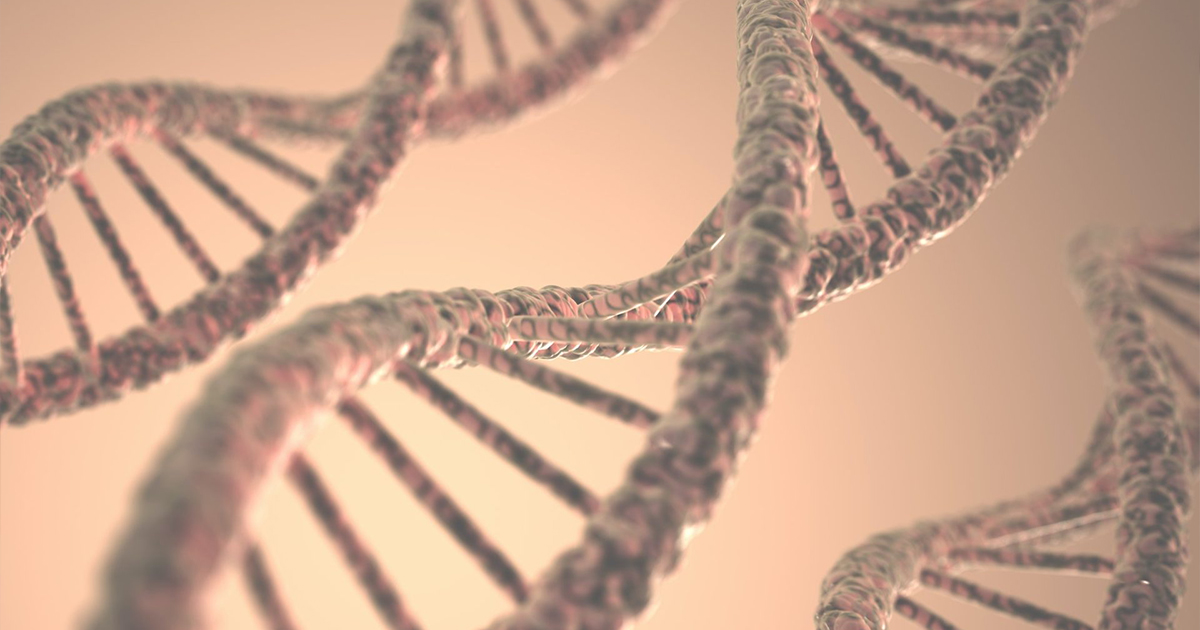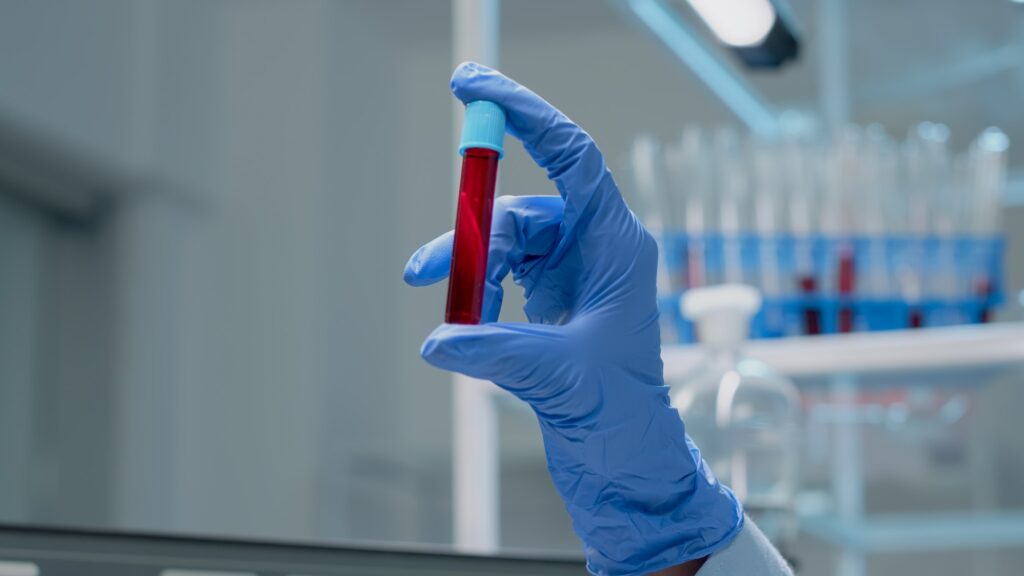Pre-natal DNA screening, also known as the Fetal DNA Test, is used to screen for certain chromosomal abnormalities in a fetus. It is also known as a non-invasive prenatal screening.
There are certain cells from the baby present in the mother’s blood during pregnancy. The Fetal DNA Test refers to the analysis of genetic materials from the baby contained in these cells.
A blood sample is taken from the mother and screened for specific chromosomal issues such as Down syndrome, trisomy 13, and trisomy 18.
Pre-natal DNA screening is recommended for women who are at least 10 weeks pregnant. Your doctor will provide you with information about whether fetal DNA screening will benefit you during pregnancy and how to interpret the results.
Why is the Fetal DNA Test Done?
It can be used to screen for specific chromosomal disorders, including the following:
- Down syndrome (trisomy 21)
- Trisomy 18
- Trisomy 13
It can also be used to screen for fetal gender.

Some prenatal fetal DNA screening tests may also screen for an increased likelihood of the following:
- Trisomy 16
- Trisomy 22
- Triploidy
- Sex chromosome aneuploidy
- Specific disorders caused by chromosomal deletions (microdeletion syndromes)
- Some single gene disorders
Pre-natal fetal DNA screening is much more sensitive and specific compared to traditional first and second trimester screenings such as first trimester screening and quadruple screening. Additionally, prenatal cell-free DNA screening can help women with specific risk factors decide whether to proceed with invasive tests, such as amniocentesis and chorionic villus sampling (CVS), which carry a slightly higher risk of miscarriage.
However, note that prenatal fetal DNA screening has been shown to be less effective in the following cases:
- In cases of multiple pregnancies,
- If you have a body mass index (BMI) of 30 or higher (obesity),
- If you are less than 10 weeks pregnant,
- If you are taking certain blood thinners
Approximately 1% to 5% of prenatal cell-free DNA screening tests may yield no results (likely due to insufficient DNA or other material in the sample for testing).
In such cases, your doctor will discuss your options with you.
What are the Risks?
Fetal DNA screening poses no physical risk to you or your baby.
However, keep in mind that fetal DNA screening does not screen for all chromosomal or genetic conditions.
How Should I Prepare?
If you are interested in fetal DNA screening, consult your doctor.
Before fetal DNA screening, your doctor will explain the possible results and what they may mean for you and your baby. Be sure to discuss any questions or concerns you have about the testing process.
Fetal DNA screening can be performed as early as the 10th week of pregnancy.
How is the Fetal DNA Test Performed?
During fetal DNA screening, a blood sample is taken from the mother and sent to the laboratory. The laboratory analyzes the maternal and fetal DNA in the blood sample.
A higher-than-expected ratio of chromosome 21 sequences, for example, indicates an increased risk of trisomy 21 in the fetus. Trisomy 21 is the cause of Down syndrome and is the most common chromosomal abnormality.
Typically, test results are available within five to seven days.

How are the Results Determined?
Results reporting varies by laboratory. The results can be reported as positive or negative, high risk or low risk for abnormalities, or as a likelihood.
If the test results indicate an increased risk of chromosomal abnormalities in the fetus, you may need amniocentesis or CVS to confirm the diagnosis.
Chromosomal abnormalities cannot be corrected. If your baby is diagnosed with a chromosomal abnormality, you will need to decide whether to continue your pregnancy and what steps to take for the care of your baby during and after birth. Your doctor can help answer any questions you may have.
Regardless of the results of prenatal fetal DNA screening, if you have risk factors that suggest your baby may be at high risk for a chromosomal or genetic condition, you have the option of undergoing amniocentesis or CVS.

 EN
EN TR
TR
